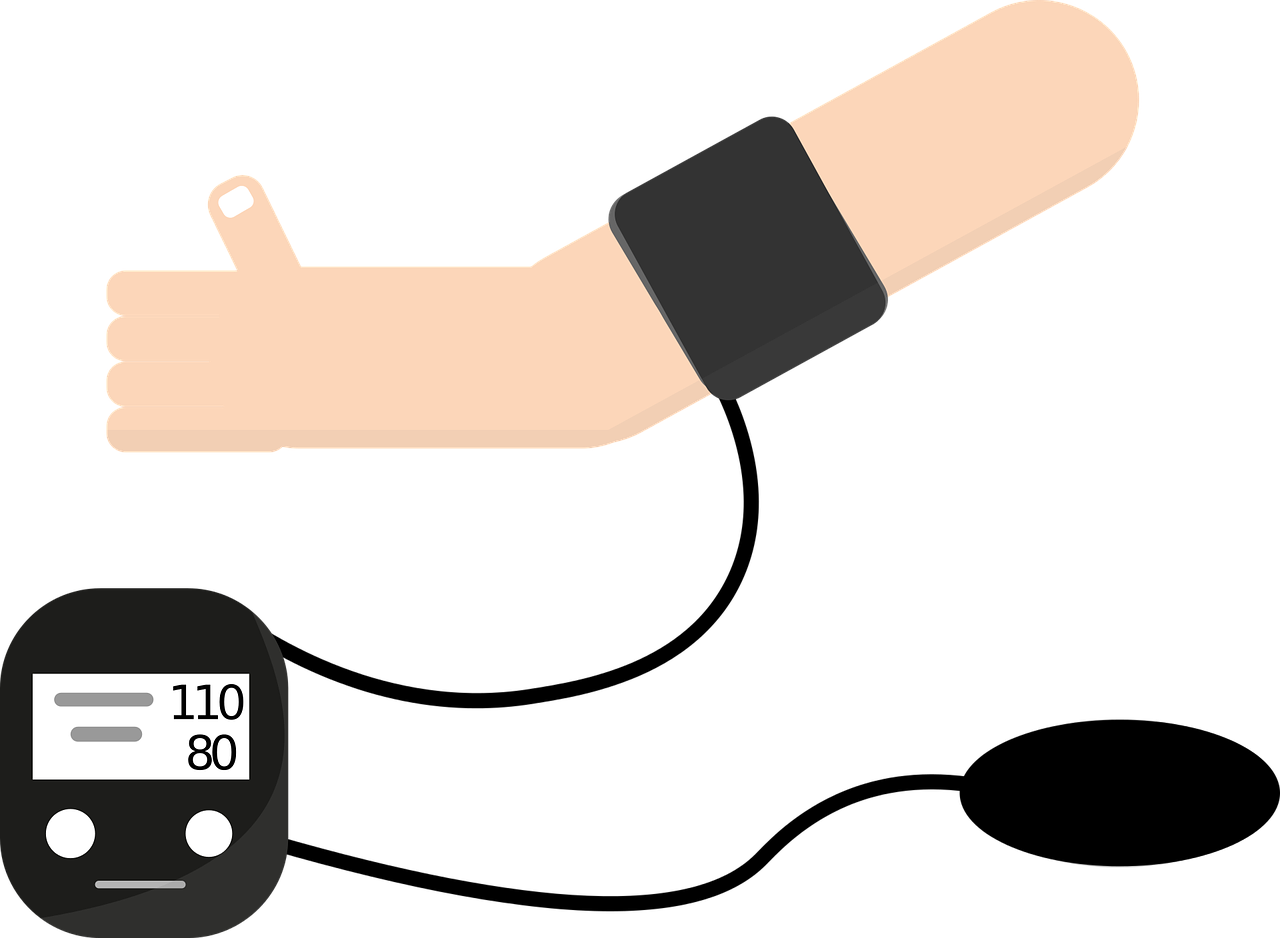In May 2019 researchers from Mexico published the results of their study to assess whether cardiovascular risk factors and heart attacks are associated with vitamin D deficiency in Mexican women … Read more
Women who have undergone a hysterectomy may reduce their risk of stroke if they also take calcium and vitamin D supplementation in addition to their HRT
In May 2019 researchers from the USA published the results of their study to assess whether calcium and vitamin D supplementation changes the effect of menopausal hormone replacement therapy (HRT) … Read more
Micronutrient fortification of dairy products and cereal food only appears to have marginal health effects in children and adolescents
In January 2019 researchers from Switzerland published their review of the medical scientific literature to assess whether fortified dairy products and cereal food had a positive impact on the health … Read more
Outdoor activity reduces the risk of childhood near/short sightedness
In May 2019 researchers from the USA published their review on the cause of near/short sightedness in childhood. Today’s popular press is filled with reports of children’s digital device use … Read more
Outdoor sports and physical activities may produce social and psychological benefits and help prevent vitamin D deficiency, multiple sclerosis, osteoporosis and near/short sightedness
In May 2019 researchers from Italy published their review on the effect of regular outdoor sports and physical activities across all age groups. They stated that the benefits of cutting-edge … Read more
Night-shift work is associated with poorer glycaemic control in patients with diabetes type 2
In December 2017 researchers from Thailand and the USA published the results of their study to assess whether night-shift workers with type 2 diabetes experience poorer glycaemic control than non-shift … Read more
Cardiovascular disease risk factors decrease, return to what they had been and then decrease again in line with adopting, abandoning, and then readopting a healthy eating dietary pattern
In November 2018 researchers from the USA published the results of their study to assess the effect of adopting, abandoning, and then readopting a healthy eating pattern on cardiovascular disease … Read more
It is uncertain whether animal-source food has any impact on the growth and development of children when compared to cereal products or other foods
In February 2019 researchers from the USA published their review of the medical scientific literature to assess whether animal source foods, such as eggs, meat, fish, and dairy, improved growth … Read more
It is uncertain whether animal-source food has any impact on the growth and development of children when compared to cereal products or other foods
In February 2019 researchers from the USA published their review of the medical scientific literature to assess whether animal source foods, such as eggs, meat, fish, and dairy, improved growth … Read more
Premature deaths due to air pollution are currently estimated to be over 7 million per year with ischaemic heart disease and strokes accounting for 80%, chronic obstructive pulmonary disease or acute lower respiratory infections 14%, and lung cancer 6%
In March 2019 researchers from the USA published their overview on air pollution and exposure levels and how this affects local policy actions. Measurement of air pollution levels has significantly … Read more
Fortification of wheat flour with folic acid may reduce the risk of neural tube defects and although fortifying both wheat or maize flour with folic acid may increase folate levels, evidence is limited that this has any effect on haemoglobin levels or anaemia
In July 2019 researchers from the USA published the results of their review of the medical scientific literature to assess the assess the health benefits and safety of folic acid … Read more
Fortifying staple foods with vitamin A alone may make little or no difference to retinol levels or the risk of vitamin A deficiency but if micronutrients are also added then retinol levels may increase and the risk of vitamin A deficiency reduced
In May 2019 researchers from Singapore published the results of their review of the medical scientific literature to assess the effects of fortifying staple foods (sugar, edible oils, edible fats, … Read more
Iodine fortification of foods other than salt to prevent iodine deficiency disorders is uncertain although iodine levels are seen to significantly increase
In February 2019 researchers from Australia published their review of the medical scientific literature to assess the effect of fortifying foods, beverages, condiments, or seasonings with iodine alone or in … Read more
Mexican women with vitamin D deficiency appear to have a higher incidence of cardiovascular risk factors
In May 2019 researchers from Mexico published the results of their study to assess whether cardiovascular risk factors and heart attacks are associated with vitamin D deficiency in Mexican women … Read more
Taking all blood pressure tablets at bedtime gives better blood pressure control, improves blood pressure levels whilst asleep and reduces the risk of cardiovascular disease
In October 2019 researchers from Spain assessed whether taking blood pressure tablets at bedtime was better at reducing risk of cardiovascular disease than being taken on awakening. A total of … Read more
Individuals who use mobile phones extensively appear to experience headaches slightly more frequently – but not if Global System for Mobile Telecommunications technology is being used
In July 2019 researchers from Finland, Sweden, UK, France, The Netherlands and Denmark published the results of their study to assess the association between amount of mobile phone use and … Read more
Researchers call for governments, public health authorities and healthcare professionals to warn the population that having a mobile phone next to their body is harmful and to support measures to reduce all exposures to radiofrequency electromagnetic radiation
In August 2019 researchers from Canada, USA, Sweden and Australia published their review on the risks to health and well-being from radiofrequency electromagnetic radiation from mobile phones and other wireless … Read more
Radiofrequency electromagnetic radiation, such as that produced by mobile phone technology, may have an adverse effect on behaviour
In August 2019 researchers from the United Arab Emirates, Saudi Arabia, Finland and India published their review on the effects of radiofrequency electromagnetic radiation on the brain and behaviour. The … Read more
Radiofrequency electromagnetic radiation, from sources such as mobile phones and base stations, has been classified by the International Agency for Research on Cancer as a possible human carcinogen despite study results not being consistent
In March 2019 researchers from Poland published their review on the mobile phone radiation and its effect on health. The researchers stated that exposure to radiofrequency electromagnetic radiation, from sources … Read more
A 30-minute exposure to mobile phone radiation appears to have a significant effect on cognition, especially in individuals with epilepsy
In March 2019 researchers from Egypt published the results of their study to assess the effect of mobile phone radiation on cognition in individuals with epilepsy. A total of 30 … Read more




















